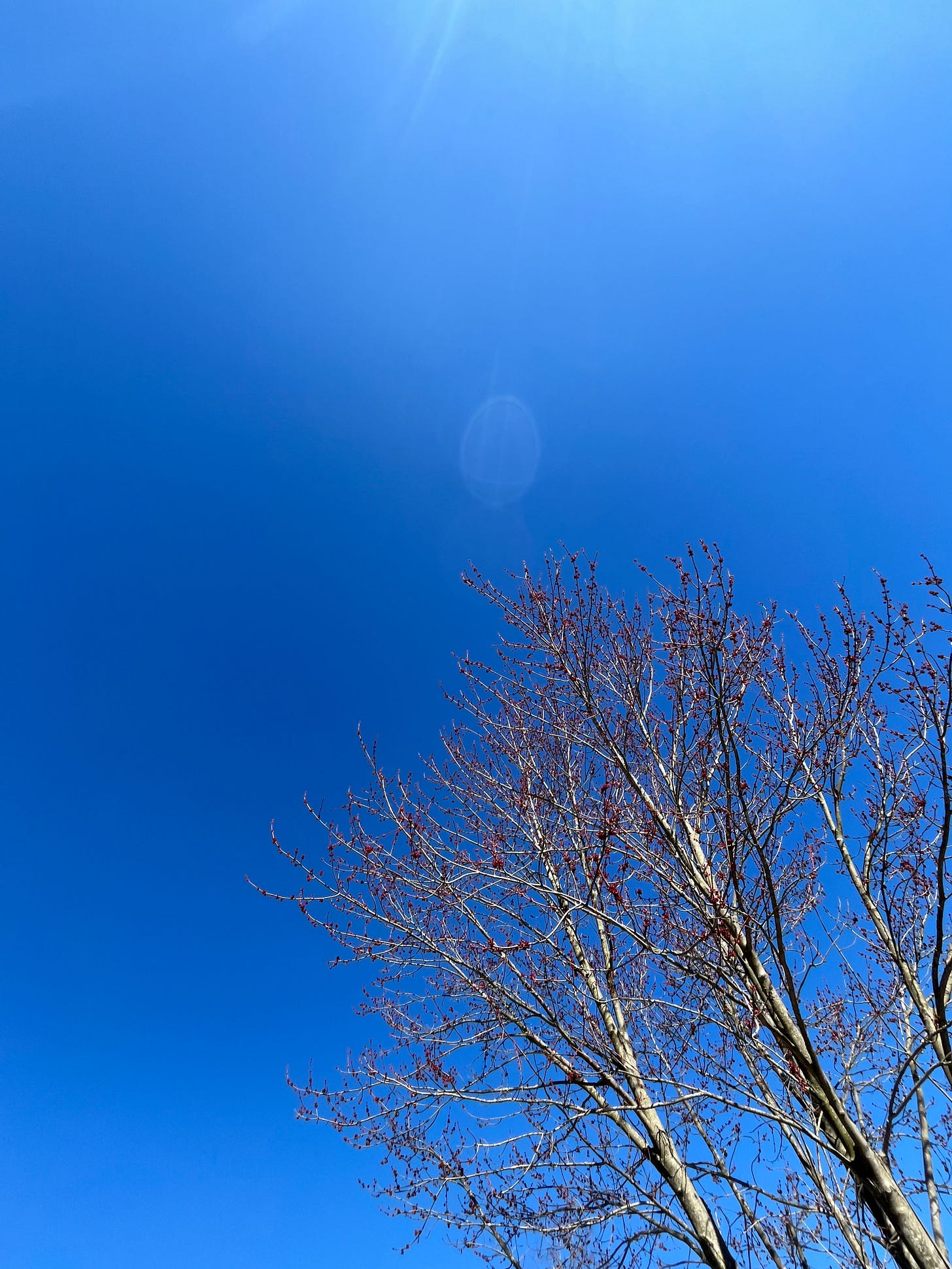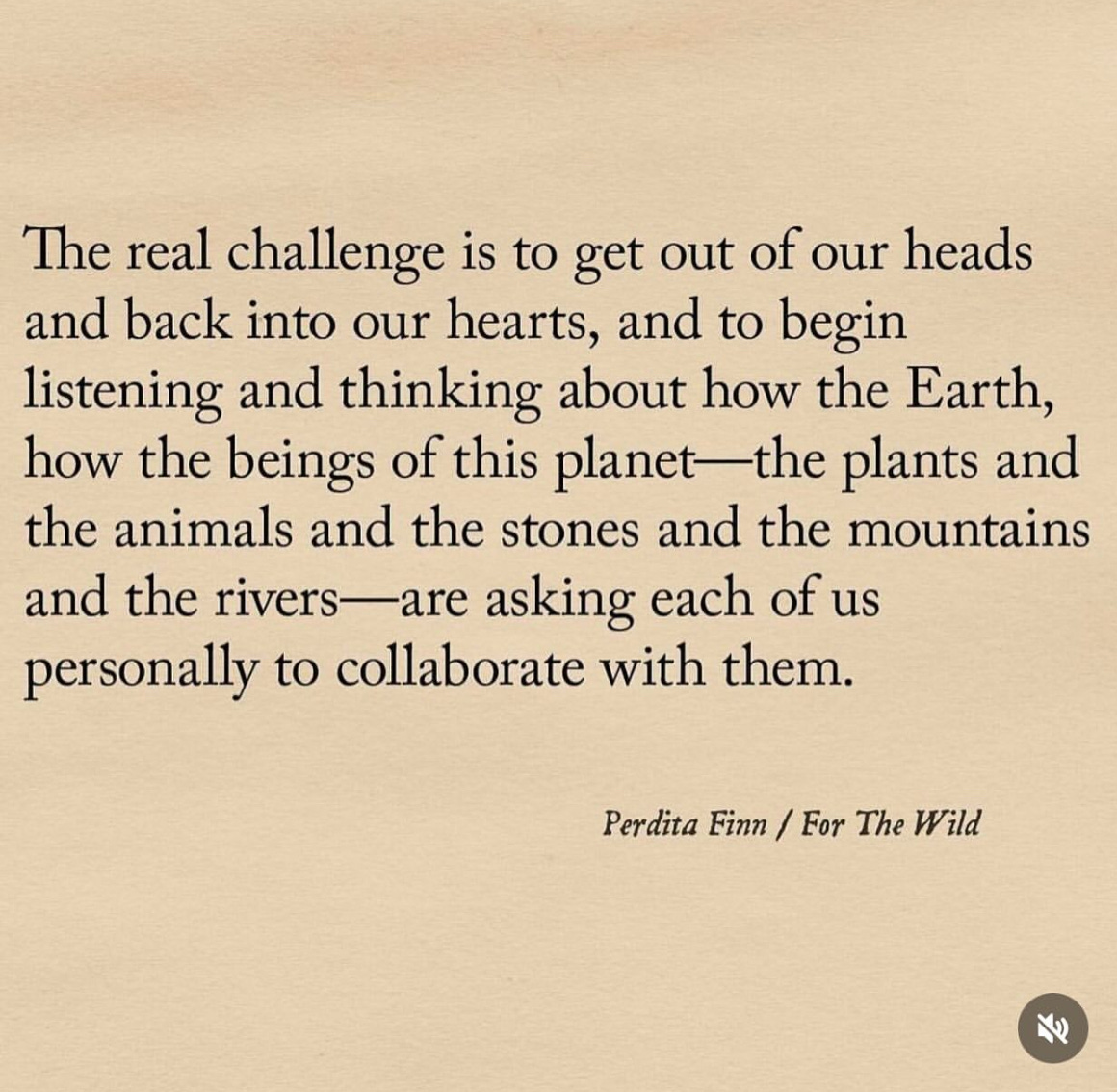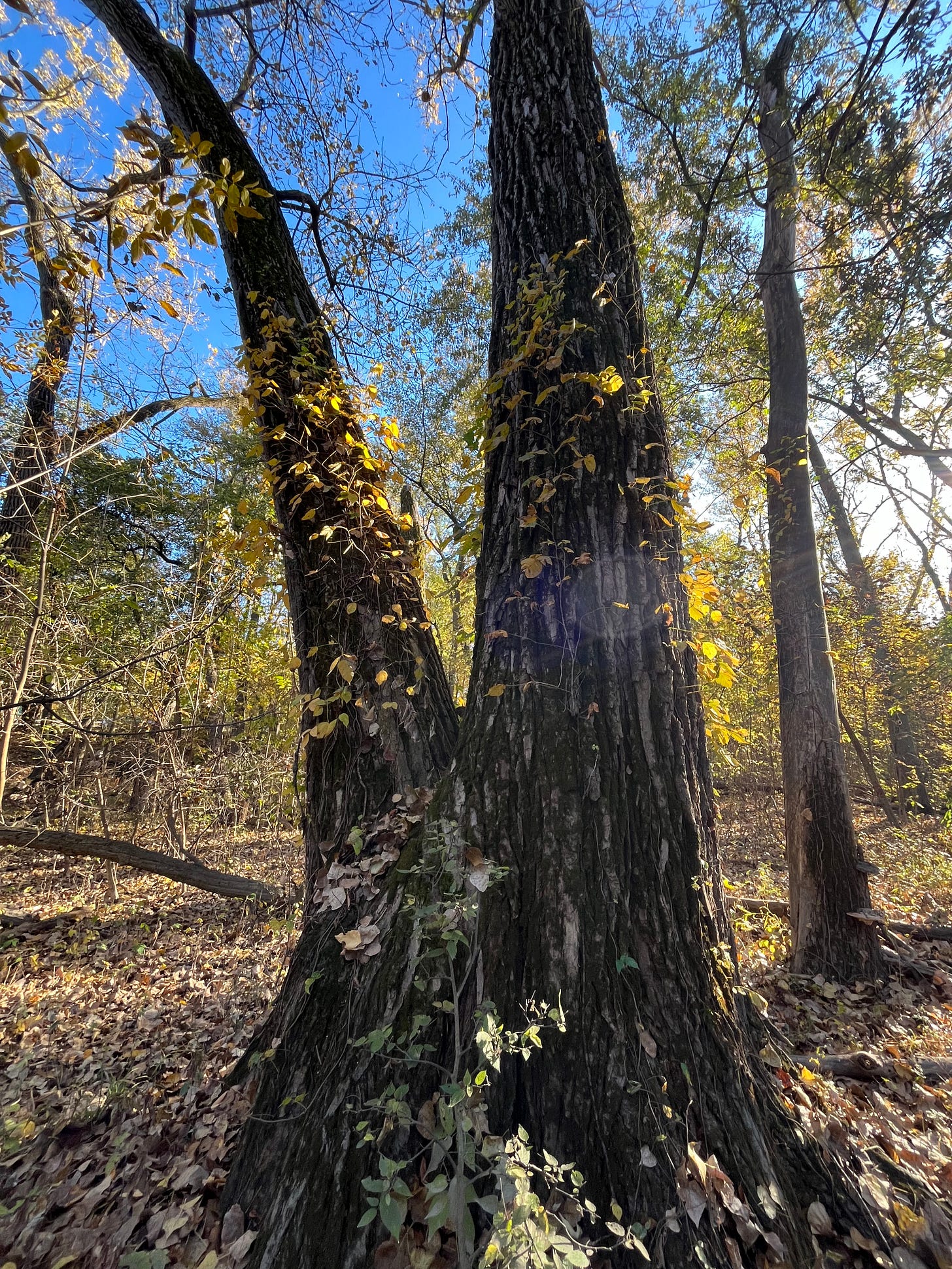In Disaster/Crisis, Humans Come Together in Resilience; Not in Bunkers
The belief that humanity is a dangerous or apathetic species is largely a creation of entertainment storytelling; when push comes to shove, humanity unifies in resilience.
Is it me or is the media chalk-full of billionaire doomsday Bunker exposés?
Spoiler alert: deep-seeded fear is at the root of that strategy; not truth.
The L.A. fires were a harrowing example of the reality of humanity in crisis. In fact, they were an essential showcasing of shared humanity. The community responded – not with violence or chaos, but with strategic, unified mutual aid.
Within just a matter of days, those who lost homes and livelihoods were supported with supplies, food, shelter and resources to help them meet basic human needs. Almost overnight, a non-monetary system of exchange was created to support those deeply affected, and an outpouring of support, rooted in empathy - arrived.
Historically, this has been proven, time and time again. In times of strife, disaster or crisis, humanity returns to its roots as a tribal, communal species. The L.A. Wildfires are yet another example of the evidence that emergencies bring people together - in solidarity - not deeper into individualism - or a bunker.
The more we build out local networks based in equitable, intentional community - the more resilient our local systems become - and the more we are able to address disasters, together. This is resilience building, which is something my friend Indy Rishi Singh is a master community cultivator of - supporting resilience workshops and conscious community activation, before, during and since the wildfires.
Yes, alternative to the majority of Hollywood narratives, in crisis, communities’ come together in shared solidarity and common humanity. And, the support of those communities from afar largely has depended on media coverage - or lack thereof. Certain disasters and humanitarian crisis’ have gotten a lot more mentions from the media than others - including the humanitarian crisis that is still devastatingly and horrifically happening today, in Gaza.
Why are bunkers and doomsday prep such popular concepts and narratives?
Fear.
And then, money, manipulation, media, and the simple IDEA that our neighbors, community and humanity are inhumane. The de-humanization of peoples, nature and the like - purely narrative, built on stories which have been prevalent in entertainment for decades. Movies about killing your neighbors for one night only - or storylines that your neighbor might be more ruthless than the zombie apocalypse, so you should kill him before he kills you? The ideology that humans are bad - they cannot be trusted - and life beyond the individualism and systems in which we have existed in is dangerous, chaos - it cannot be trusted - and is a farce.
What if the dismantling of individualist systems is the best possible thing for everyone involved - all except the systems?
What if the chaos, inherent to the degradation that our economic systems would cause, anyway, inclusive of climate change, social injustice and increased global risk, is the push we need to reimagine and re-create a better way of being?
What if, instead of believing in our fear, we focused on acceptance of what is and focused on a belief in our ability to thrive in collective unification? If we started to come together in the face of atrocity, poverty, inequity - with the intent that together, we can do better?
What if the bravest thing we can do is to face the climate + social crisis’ of this moment and any potential complicity within our lifestyle, career or consumption practices, head on?
Today, people unintentionally allow the degradation of critical ecological boundaries and social justice because they have not seen an option beyond the current economic structures which exist. An accidental accepting of the status quo vs. demanding, questioning and dreaming up the next, better reality.
I hear a surprising number of people say, “I won’t see the end of capitalism in my lifetime,” - but this is simply a belief; a belief rooted in not having been able to see, imagine or know alternatives beyond that in which we were all born into.

If we were looking at ourselves through the lens of a Netflix show, how frustrated would we feel watching a storyline where humanity accepts a life of convenience in the midst of subsequent ecological and social degradation - at a time where change was critical to their livelihood and survival - but they didn’t change because they simply believed there was no other option? That it wasn’t possible?
Our economy is a human creation and in the same way it was created, so too, can something better be created anew. The system is not bigger than us - it IS us. We make up the system, we are the worker bees. We are the system - and therefore, we are also the change.
But, the thing is, we come by this way of seeing - or not seeing, honestly.
The story begins with us being born into what can be called a “dominator” worldview.
Worldviews are the macro-est of macro frameworks of systems which exist, so big that they are usually bigger than what you can see, when you sit within them.
Kindred Media describes the dominator worldview as such: “Dominator culture refers to a model of society where fear and force maintain rigid understandings of power and superiority within a hierarchical structure.”
The dominator worldview began when colonizers assumed indigenous, original peoples were inferior to them, because they were different - and they didn’t seek or behave with methods of domination.
When I first learned about indigenous vs. dominant worldviews, I was shocked.
Not necessarily at the dominator worldview - but that I much more deeply resonated with that of the indigenous belief systems.
The first 6 (out of 40!) beliefs of the dominant worldview are:
Hierarchy
Fear-based thoughts and behaviors
Living without strong defined social purpose
Focus on individualism, self, social gain
Rigid and discriminatory gender stereotypes
Materialism
The first 6 of indigenous worldview are:
Non-hierarchical
Courage and fearless trust in the universe
Socially purposeful life, through community
Emphasis on community welfare
Respect for various gender roles and fluidity
Non-materialistic
How’s it hitting for you so far?
I’m not going to go through all of them, but here are some of the ones that stick out to me the most, in order of dominant/indigenous, below:
Earth as an unloving “it” / Earth and all beings as living and loving
More head than heart / Inseparability of head + heart
Competition to be superior / Competition to develop positive potential
Lacking empathy / Empathetic
Anthropocentric / Animistic and biocentric
Unfamiliar with alternative consciousness / Regular use of alternative consciousness
Disbelief in spiritual energies / Recognition of spiritual energies
Disregards interconnectedness / Holistic interconnectedness
Theory + rhetoric / Knowledge + action
Acceptance of authoritarianism / Resistance to authoritarianism
Time as linear / Time as cyclical
Dualistic Thinking / Complementary Duality
Acceptance of injustice / Intolerance of injustice
Human nature as corrupt or evil / Human nature as good but malleable
Learning is fragmented and theoretical / Learning as holistic and place-based
Social laws are primary / Laws of Nature are primary
Nature as dangerous / Nature as benevolent
Other-than humans are not sentient / All lifeforms are sentient
Checking in -
What are you seeing/feeling/hearing? Which of these are more resonant for you?
Without awareness of what have been called these “meta-cognitive lenses,” we can’t quite see the frameworks in which we are born into and have been existing in.
The answers we seek to not only the climate crisis but also our systemic challenges largely already exist. There are brilliant thinkers the world over focused on the reimagining of how we more effectively do what we do, in alignment with planetary boundaries - AND, in service to human wellbeing. Many of the answers which have withstood the test of time are rooted in ancient practices, belief systems and knowing.
4% of humanity protects and stewards over 80% of the world’s biodiversity, the lungs of our planet. Indigenous populations are the protectors of critical swaths of the planet, and by way of that, all of our livelihoods. Nature is our biggest and truest ally in any type of risk or crisis. And, she is also the home to our food, water, air - all the essentials to life.
If you hear about indigenous “Land Back,” campaigns, it is not only the righting of historic wrongs and reparations, it is one of the smartest moves we could make for the stewardship of our lands.
So, instead of doomsday prep, our best move is to truly be here now, bravely breathing in the truth, squarely looking at our path forward, in deep reverence to the LIFE that earth gives, every day - supporting those who have stewarded her for centuries longer than the dominator worldview has prevailed. Giving money, respect and honor to those that honor nature as she is the one who truly has the keys to the answers we all seek. And, she can rehabilitate herself faster that we know.
To learn more, I highly recommend the book “Restoring The Kinship Worldview” by Wahinkpe Topa (Four Arrows) and Darcia Narvaez, PhD.
As I write this, I sit in my beautiful apartment, surrounded by 5 flickering flames, in the wonder of a new moon, continually recalibrating my consciousness and honoring the sanctity of all that is.
I look at the stones, wood, crystals, feathers, shells, rocks, and rose petals I have collected and I am grateful to have friends in such abundance.
You are never alone when you open your heart to all that is,
Marley






